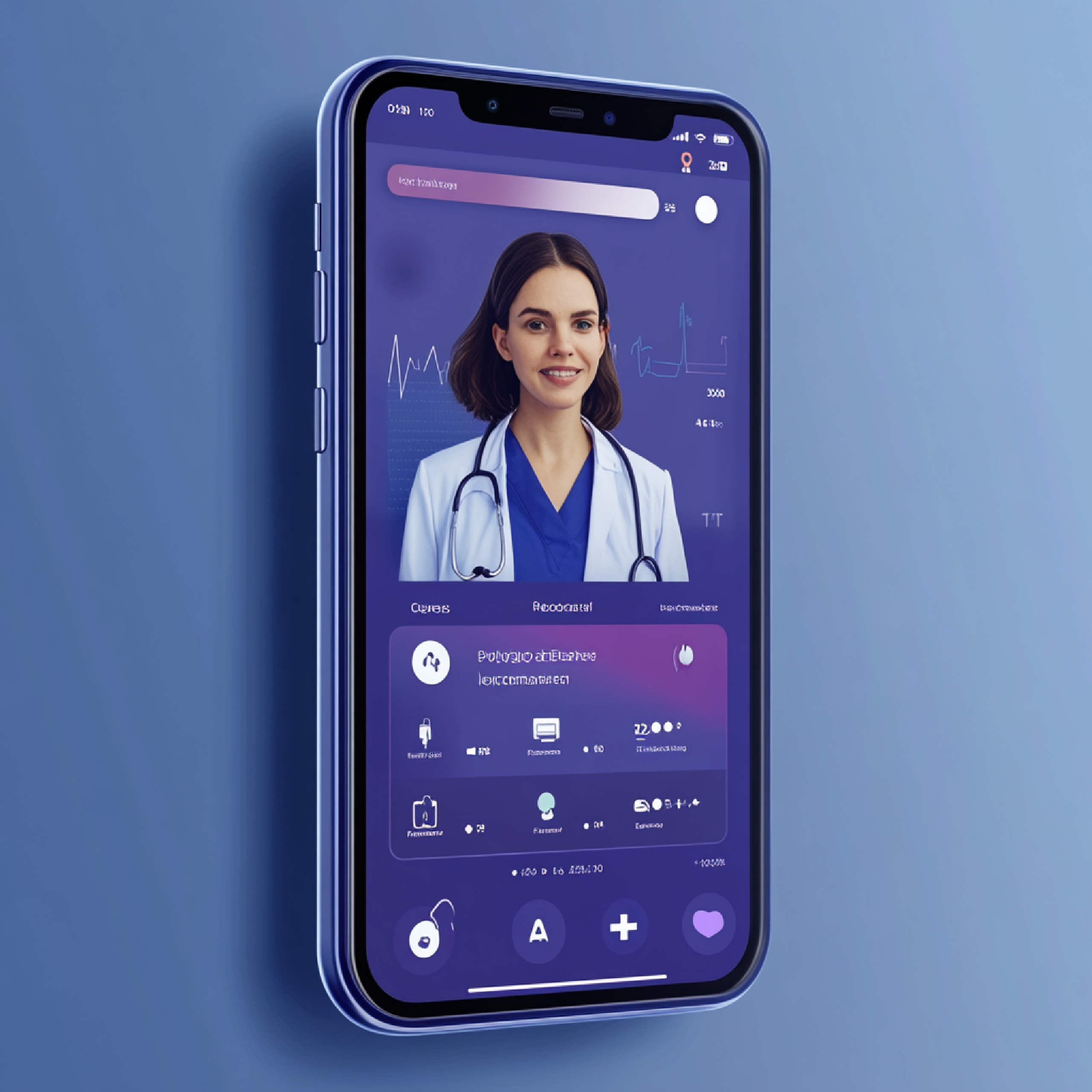Artificial Intelligence (AI) health apps are not futuristic gadgets anymore; they’re already in millions of smartphones, shaping how people approach fitness, wellness, and even disease management. But before depending on them 100%, it’s worth understanding how they work, where they help, and where human expertise is still irreplaceable.
What Exactly Are AI Health Apps?
AI health apps use machine learning algorithms and big data to analyse patterns in your daily health inputs: steps, sleep, heart rate, diet, and even mood swings. Some go further, processing medical records, lab results, or genetic data to give personalised insights.
Unlike generic fitness trackers, AI health apps “learn” from your habits and adjust recommendations over time. Think of them as digital health companions that provide:
- Symptom checking: Enter your complaints and get probable explanations.
- Medication reminders: Smart nudges to take your pills on time.
- Lifestyle guidance: Tailored diet, sleep, or exercise plans.
- Doctor connect: Direct links to teleconsultations when needed.
Where AI Health Apps Are Already Changing Lives:
The real strength of AI health apps lies in how they fit into everyday health management. Here are a few areas where they’re making an impact:
1. Fitness Tracking Beyond Counting Steps
Modern apps don’t just measure steps; they monitor heart rate variability, calorie burn, and recovery times. Some can even detect early signs of cardiac risks, alerting users before symptoms escalate.
2. Chronic Disease Management
For people with diabetes, hypertension, or asthma, apps now provide real-time monitoring. For example, a diabetic can log meals, track glucose readings, and receive AI-generated suggestions to balance sugar levels.
3. Mental Health Support
AI-powered chatbots trained in Cognitive Behavioral Therapy (CBT) provide guided self-help for stress, anxiety, and mild depression. While they’re not a replacement for therapists, they help bridge accessibility gaps.
4. Women’s Health and Fertility
Cycle tracking apps have evolved into full-fledged hormonal health assistants. They now predict ovulation windows, flag irregularities, and even offer insights into potential hormonal disorders.
How Reliable Are AI Health Apps?
This is the big question many people ask. The truth is, AI health apps are excellent companions but not complete doctors.
They’re highly effective for:
- Early nudges about lifestyle issues
- Organising health records in one place
- Offering personalised wellness plans
- Encouraging preventive care
But they cannot yet:
- Replace a doctor’s clinical judgment
- Interpret complex cases
- Offer emergency care
Disclaimer:
Always consult a qualified healthcare professional for diagnosis and treatment. AI health apps should be seen as support tools, not substitutes.
Why Doctors Still Matter in the Age of AI
Even the most advanced AI can’t replicate empathy, intuition, and clinical experience. A health app may notice patterns in data, but it doesn’t know your full story: your stress levels, environment, or social factors.
Doctors are increasingly using AI apps as decision support systems. For example:
- Cardiologists review app data before prescribing treatments.
- Psychologists use AI mood-tracking apps to spot behavioral changes.
- Nutritionists rely on digital food logs to fine-tune diets.
Instead of replacing doctors, AI apps are evolving into powerful assistants that improve doctor-patient conversations.
The Future of AI Health Apps
We are at the very beginning of this digital health journey. The next wave will be even more exciting:
- Predictive Healthcare
AI will not only track current health but also predict risks before they appear. Imagine being alerted about a potential vitamin deficiency weeks before symptoms show up. - Hospital Integrations
Soon, your app could seamlessly book appointments, share test reports with your doctor, and schedule follow-ups without you lifting a finger. - Preventive Medicine at Scale
AI nudges could push millions of people toward small lifestyle changes that prevent major illnesses. From reminding you to drink water to detecting early hypertension, prevention will be the biggest win. - Personalised Virtual Assistants
Instead of a one-size-fits-all approach, AI apps will act like your own health coach, adapting constantly to your body and behavior.
Should You Use an AI Health App?
If you’re considering trying one, here are a few practical tips:
- Pick apps from trusted healthcare companies with transparent privacy policies.
- Use them as companions, not as final decision-makers.
- Share the data with your doctor to enrich consultations.
- Check reviews and certifications before installing.
AI in healthcare isn’t about replacing doctors—it’s about making healthcare more accessible, personalized, and preventive. From fitness tracking to chronic disease management, these apps are already quietly reshaping how people look after themselves.
The key is balance. Use them as digital health allies that guide you daily, but keep your healthcare professional in the loop for important decisions.
So, the next time you pick up your phone, remember: it might not just be a device for calls and messages. It could very well be your personal health partner.
Read Related : AI in Healthcare Marketing
Early Detection & Disease Management (Role of AI) by Mr Raj Sehgal

